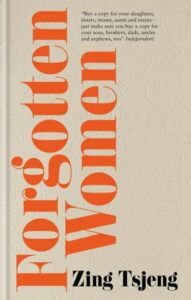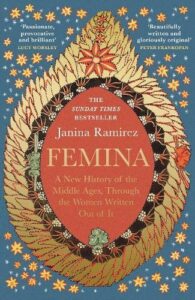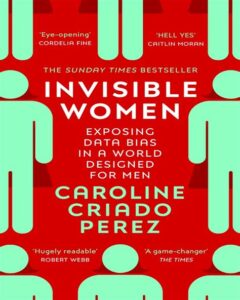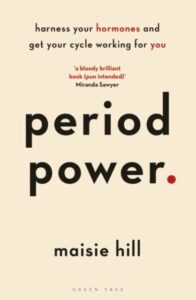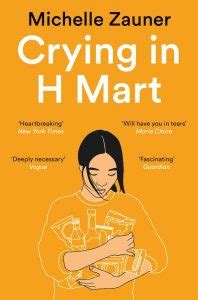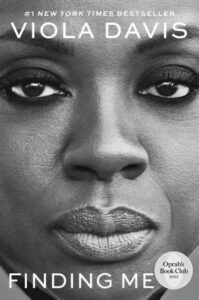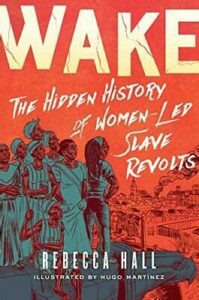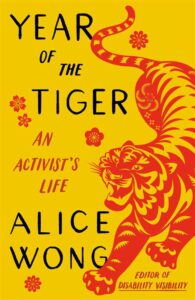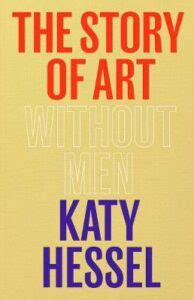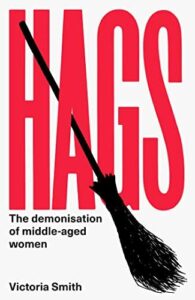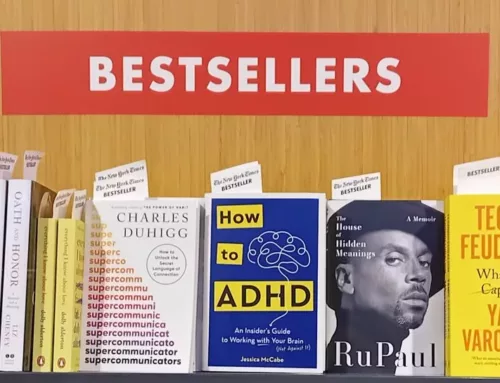Written by Natalia
March is International Women’s History Month, during which we celebrate contributions to history, society and culture by women. The United States initiated this month in the late seventies, but the United Kingdom, Australia and Canada also celebrate it. In The Netherlands, we also celebrate International Women’s Day on March 8. The National Women’s History Alliance designates a yearly Women’s History Month theme, and the 2023 theme is “Celebrating Women Who Tell Our Stories,” which recognizes women, past or present, who have been active in media in all forms—from print to screen. I find it important to recognize and celebrate women of all ages, backgrounds and cultures, not just in March, but throughout the entire year.
At The American Book Center, we have an extensive collection of books by female (identifying) authors, which range from personal stories to great fictional adventures to historical endeavors throughout the ages. I’ve made a selection of different titles that should be a wonderful source of inspiration for you this month. I chose these recommendations from various genres, mostly non-fiction, that were either recently published or have stood the test of time.
One new book worth a look is Forgotten Women by Zing Tsjeng, which is a beautiful hardcover edition of the Forgotten Women series about trailblazers, truth-tellers and visionaries. In this series, Tsjeng writes about women throughout history who have made a tremendous impact on society with just a simple action that at the time seemed small but, in the end, created a ripple effect. Take, for instance, Ida B. Wells, a Black woman who in the year 1884 refused to give up her seat on the train. While we have all heard of Rosa Parks, we know much less about Wells. This book is filled with stories about more than 190 women who, just like Ida B. Wells, refused to give up and fought for what they thought was right.
And if Tsjeng’s Forgotten Women has inspired you to read more about women who you might never have heard of, Janina Ramirez’s Femina: A New History of the Middle Ages, Through the Women Written Out of It should be your next read. Ramirez writes about women who have been struck from the historical records of the Middle Ages. In her research, she discovers the true impact these women might have had on their societies.
Moving from history to science, both Angela Saini in Inferior and Caroline Criado Pérez in Invisible Women write about how science got women wrong, and how there’s a clear bias in data because the world is designed for men. They both argue for gender equality when it comes to scientific research and making important decisions concerning healthcare, education and public policy. Also, Maisie Hill sets the tone with her book Period Power, creating a clear guide on how any person going through a menstrual cycle can harness their hormones for the better and on which days they may want to take it easy.
For a more personal read, I recommend two memoirs: Michelle Zauner’s Crying in H Mart and Viola Davis’s Finding Me. Zauner writes a heartfelt story about the memories she has of her late mother and how they bonded through food. It’s a book that will have you grabbing your tissues and at the same time have you wanting to taste every Korean dish on offer. Viola Davis’s Finding Me is a personal exploration of her life growing up in poverty and how she followed her passion for acting and succeeded
A timeless classic and personal favorite that is always worth mentioning is Ursula K. Le Guin’s The Left Hand of Darkness, a work of speculative fiction in which Le Guin creates a society where gender is irrelevant. While Le Guin has received criticism for her use of masculine pronouns in such a universe, the book remains one of the most popular works of science fiction.
A few titles that also deserve your attention this month are the graphic novel Wake: The Hidden History of Women-Led Slave Revolts by Rebecca Hall and Hugo Martinez, Year of the Tiger: An Activist’s Life by Alice Wong, The Story of Art without Men by Katy Hessel and Hags: The Demonisation of Middle-Aged Women by Victoria Smith.

